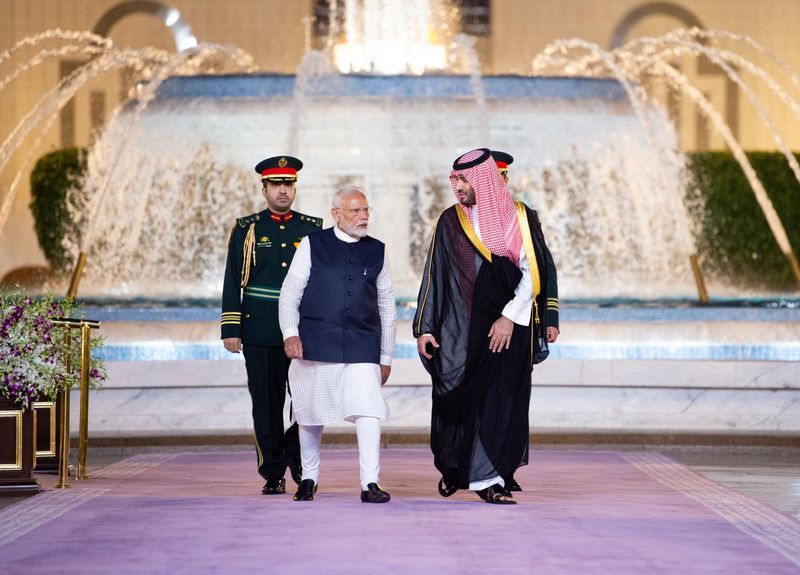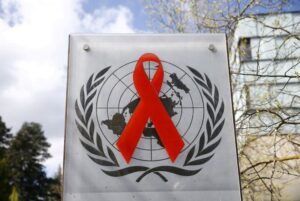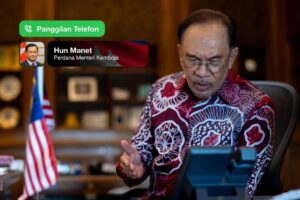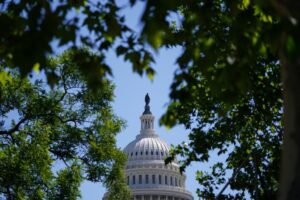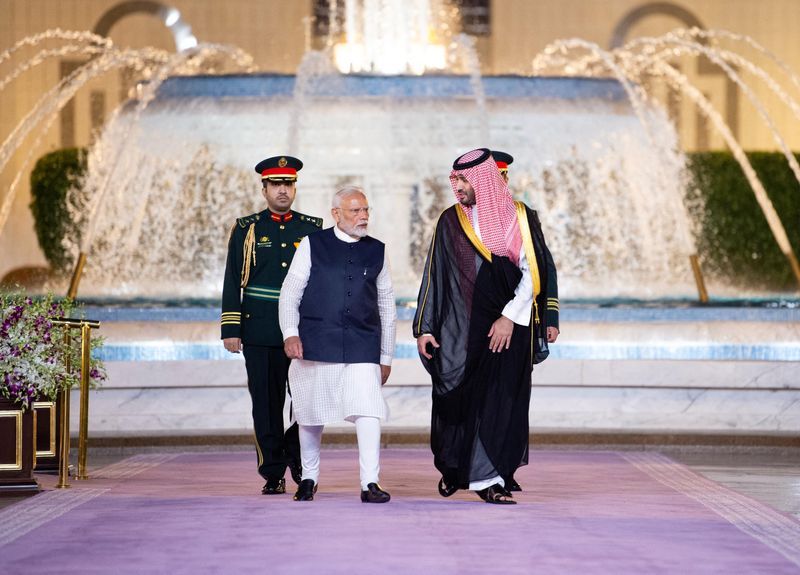
MUMBAI (Reuters) – India said on Friday it hoped Saudi Arabia would keep in mind mutual interests and sensitivities between the two countries, two days after Riyadh signed a mutual defence pact with New Delhi’s old foe Pakistan.
Saudi Arabia and nuclear-armed Pakistan signed the pact on Wednesday, and although few details have been made public, analysts said it could mean Riyadh will have a de facto nuclear shield under the agreement.
The agreement, which came amid diplomatic upheaval in the Middle East and just months after a deadly India-Pakistan conflict, says any aggression against either country shall be considered an aggression against both.
“India and Saudi Arabia have a wide-ranging strategic partnership which has deepened considerably in the last few years,” Indian foreign ministry spokesperson Randhir Jaiswal told reporters during a weekly news briefing.
“We expect that this strategic partnership will keep in mind mutual interests and sensitivities,” he said.
Saudi Arabia is one of the top exporters of petroleum to India and the two countries agreed this year to boost cooperation in supplies of crude and liquefied petroleum gas.
The two nations were also exploring joint projects in refineries and petrochemicals, Indian Prime Minister Narendra Modi said this year.
On Thursday, India’s foreign ministry said it was aware that the pact had been under consideration and that it would study the implications for New Delhi.
Pakistan, the only nuclear-armed Muslim nation, is one of the poorer countries in Asia, but has an army of more than 600,000 soldiers to defend against its much larger adversary, India.
The neighbours have fought three major wars, along with numerous clashes, including the four-day conflict in May that was their heaviest fighting in decades.
(Reporting by Shilpa Jamkhandikar; Editing by YP Rajesh, Aidan Lewis)
